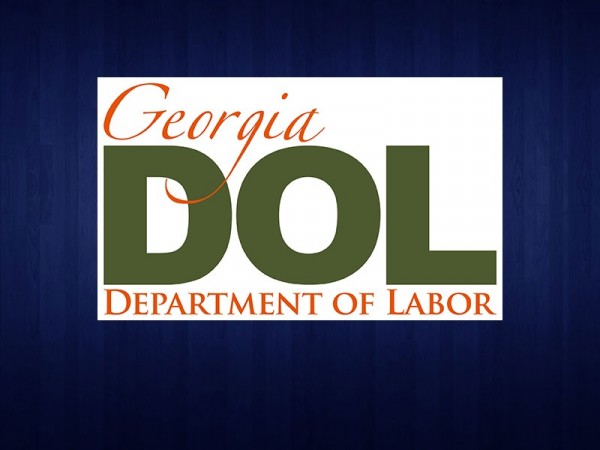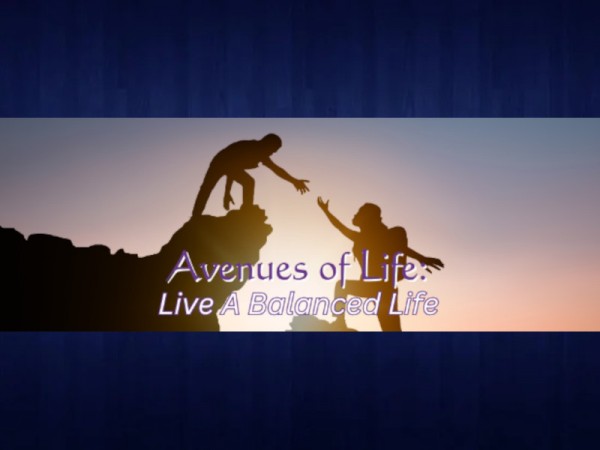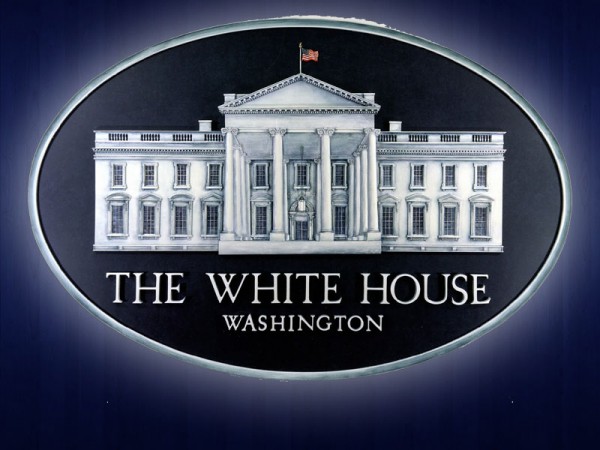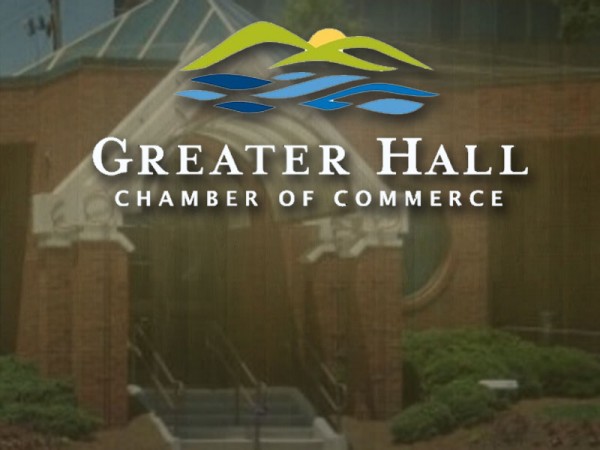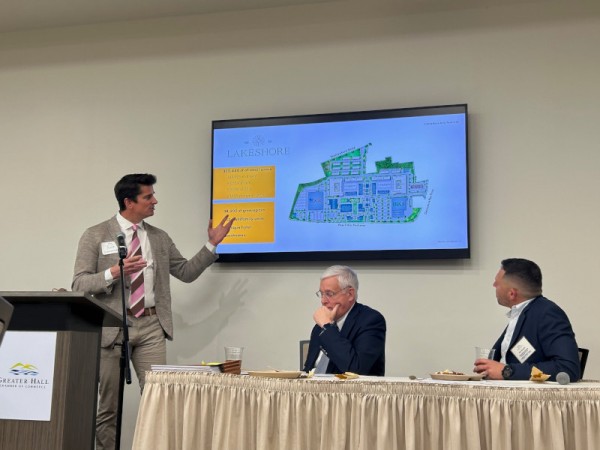WASHINGTON - Federal Reserve Chairman Alan Greenspan told Congress Thursday that he saw encouraging signs that the country's first recession in a decade could soon end.
"There have been signs recently that some of the forces that have been restraining the economy over the past year are starting to diminish and that activity is beginning to firm," Greenspan said in prepared remarks.
Many economists predict that the Fed will not cut interest rates when policy-makers meet Tuesday and Wednesday. These analysts believe that the Fed has already done enough to spur a rebound from the recession.
In his appearance before the Senate Budget Committee, Greenspan also sought to defend his policy switch of a year ago, when he backed large tax cuts given the prospect at the time of a 10-year budget surplus exceeding $5 trillion.
Greenspan noted that the Congressional Budget Office on Wednesday trimmed its surplus estimate by $4 trillion. But he said the prospect of $1.6 trillion in surpluses over the next decade still represented a budget picture that was "considerably stronger" than a decade ago.
In his remarks on the economy, Greenspan sounded decidedly more upbeat than he had just 13 days ago when he warned in a San Francisco speech that the economy still faced "significant risks."
There had been published reports that Greenspan believed that Wall Street had reacted to the speech too negatively, ignoring the positive signs he had also noted of a pending rebound.
Greenspan on Thursday did not repeat worries about "significant risks," though he mentioned factors that could dampen economic growth. However, he focused on the various indications that the economy has begun to stabilize.
He noted that consumer spending, especially for autos and housing, has remained strong, and there were signs that the wave of layoffs following the Sept. 11 terrorist attacks had started to abate.
"Over the past month or so ... initial claims for unemployment insurance have decreased markedly, on balance, suggesting some abatement in the rate of job loss," Greenspan said.
But he cautioned that even with the improvement in weekly jobless claims, the overall unemployment rate could continue to rise even after the economy begins growing again as businesses wait to see if the rebound is sustainable before hiring new workers.
Before Greenspan spoke, the Labor Department reported Thursday that new claims for benefits dropped last week by 15,000 to 376,000, the lowest level in six months.
White House spokesman Ari Fleischer said President Bush agreed that there are signs that the economy is rebounding but cautioned that problems remain. For that reason, Bush still wants Congress to pass an economic revival package that includes across-the-board tax cuts.
"Only time will tell" whether the package is needed, Fleischer said, "but the president wants to err on the side of helping people."
Greenspan also said that the big reduction in unsold business goods in recent months was setting the stage for a pickup in industrial production, which has been falling for more than a year.
The Fed chairman said the various signs of an improving economy should bolster business confidence and help support a return to higher business investment spending. It was cutbacks in business investment that helped trigger the current downturn.
"If the recent more-favorable economic developments continue and gather momentum, uncertainties will diminish, risk premiums will fall and the pace of capital investment ... will increase," Greenspan said.
The Fed in 2001 cut interest rates 11 times, pushing a key short-term rate to its lowest level in 40 years.
However, the last cut in December was by just a quarter-point, rather than the half-point moves the Fed had favored for most of the year. That switch led many analysts to believe that the Fed is coming to an end to its rate cuts.
On the budget, Greenspan defended his decision last year to support tax cuts as a way to deal with mounting budget surpluses while conceding that the budget picture, given a recession and increased spending for a war on terrorism, had significantly trimmed last year's estimates.
Greenspan repeated a proposal he made last year that Congress chose to ignore: creating a trigger that would tie future tax cuts to the realization of the budget surpluses.
Greenspan's switch last year from urging that surpluses be used to pay down the national debt to saying that some of the money could be used for tax cuts provided key support to Bush, whose biggest economic achievement last year was passage of a $1.35 trillion, 10-year tax cut.
Sen. Kent Conrad, D-N.D. and chairman of the Budget Committee, told Greenspan it was unfortunate that Congress had focused on Greenspan's green light for a tax cut while ignoring his warnings about depending too much on long-term forecasts.
But Sen. Pete Domenici, R-N.Mex., said he believed Greenspan's views had been adequately reflected in the tax cut.
"Some of my colleagues may try to get you to apologize or issue some sort of mea culpa, but the way I see it, we are in exactly the kind of situation we should be in," he said, by using a tax cut to keep the government from accumulating large surpluses.
Monday
June 30th, 2025
4:41PM






